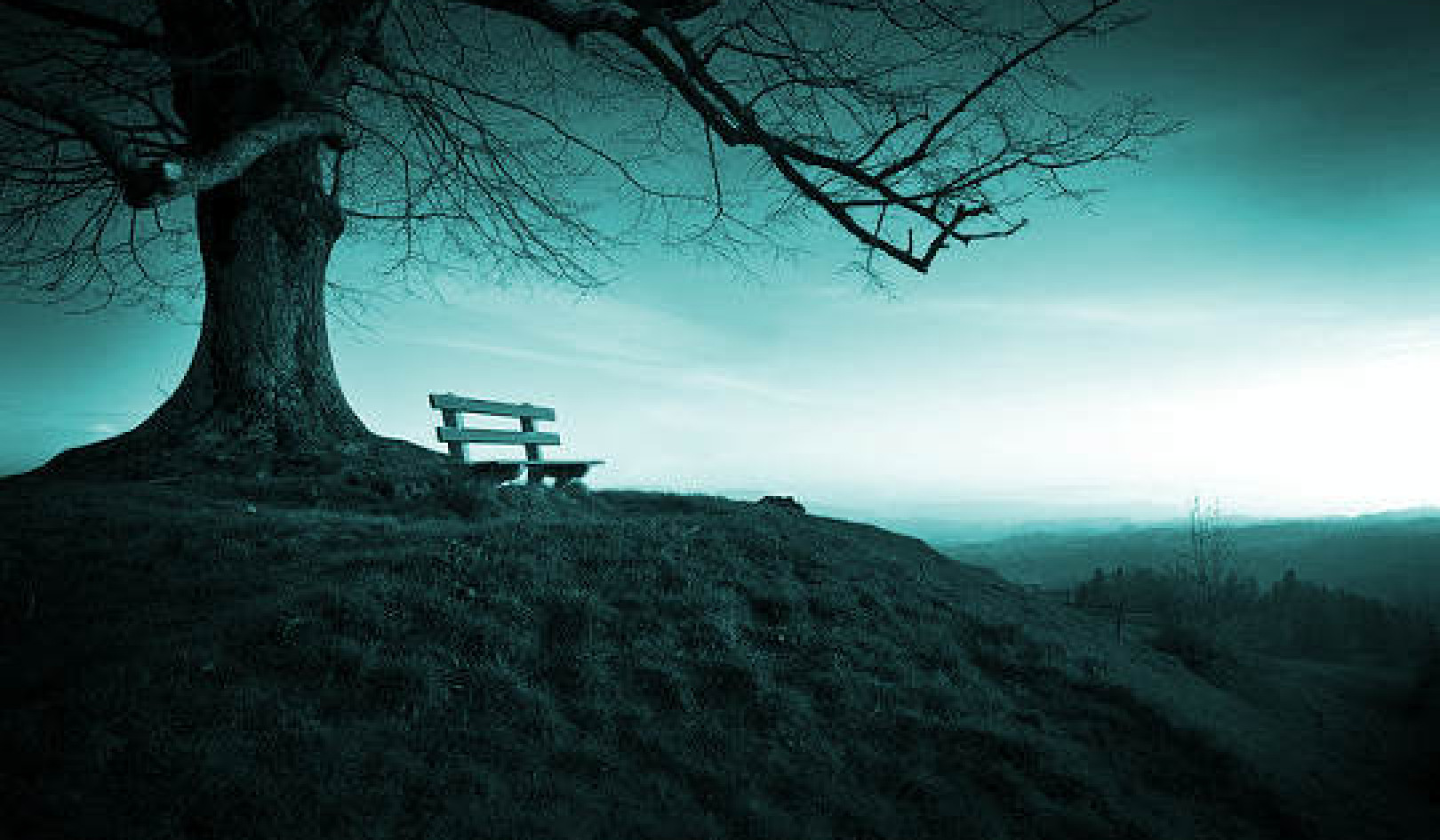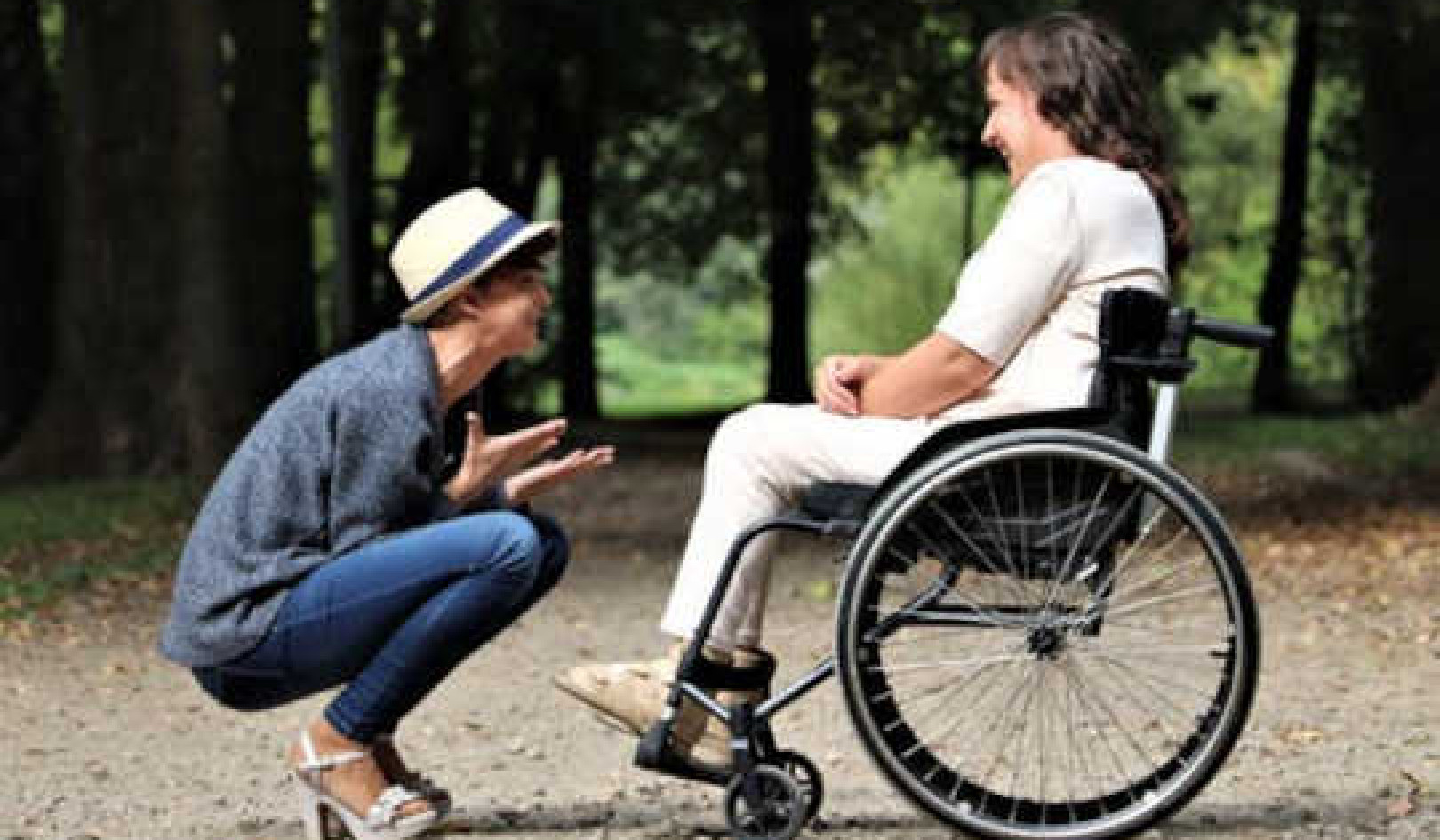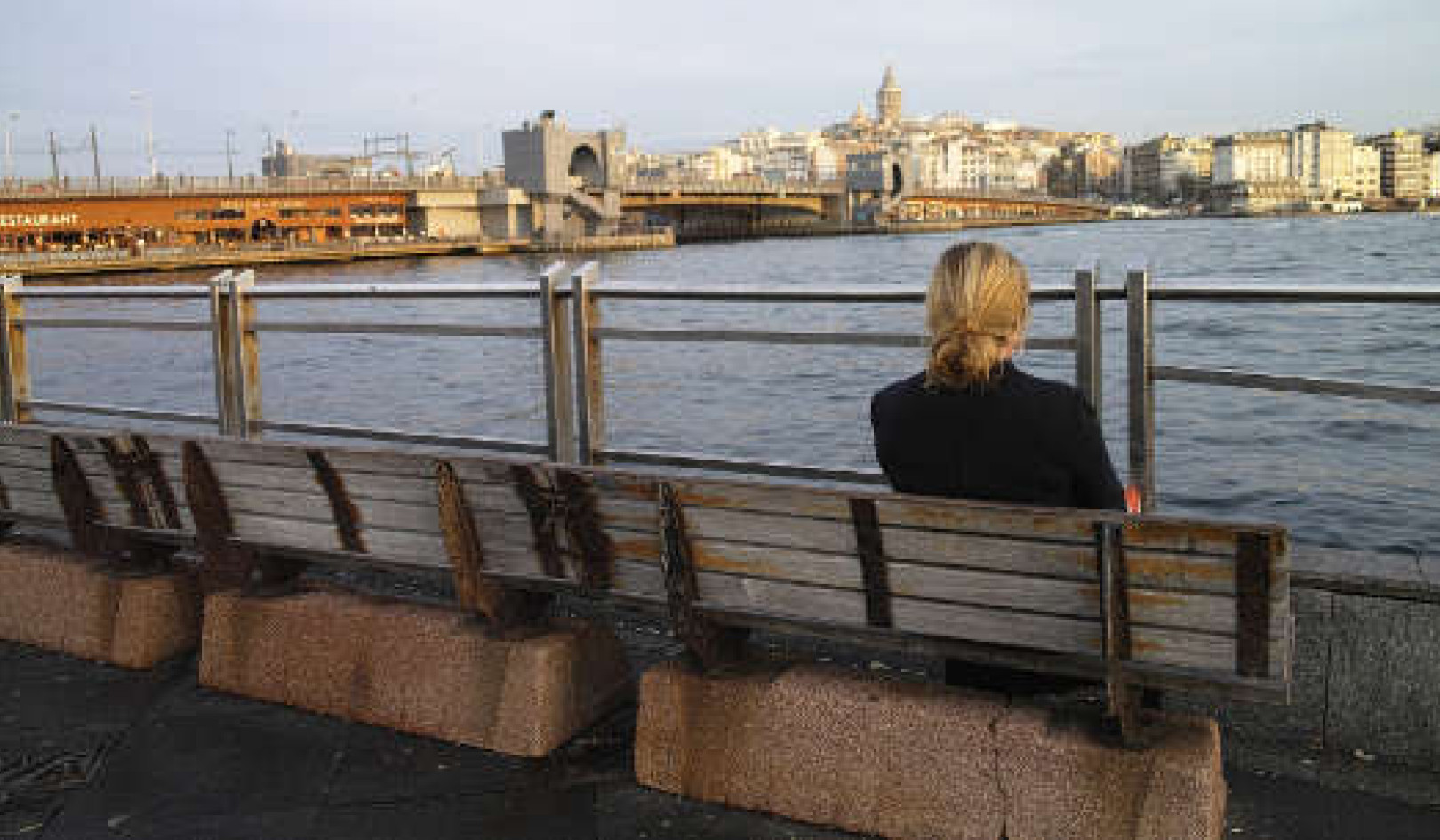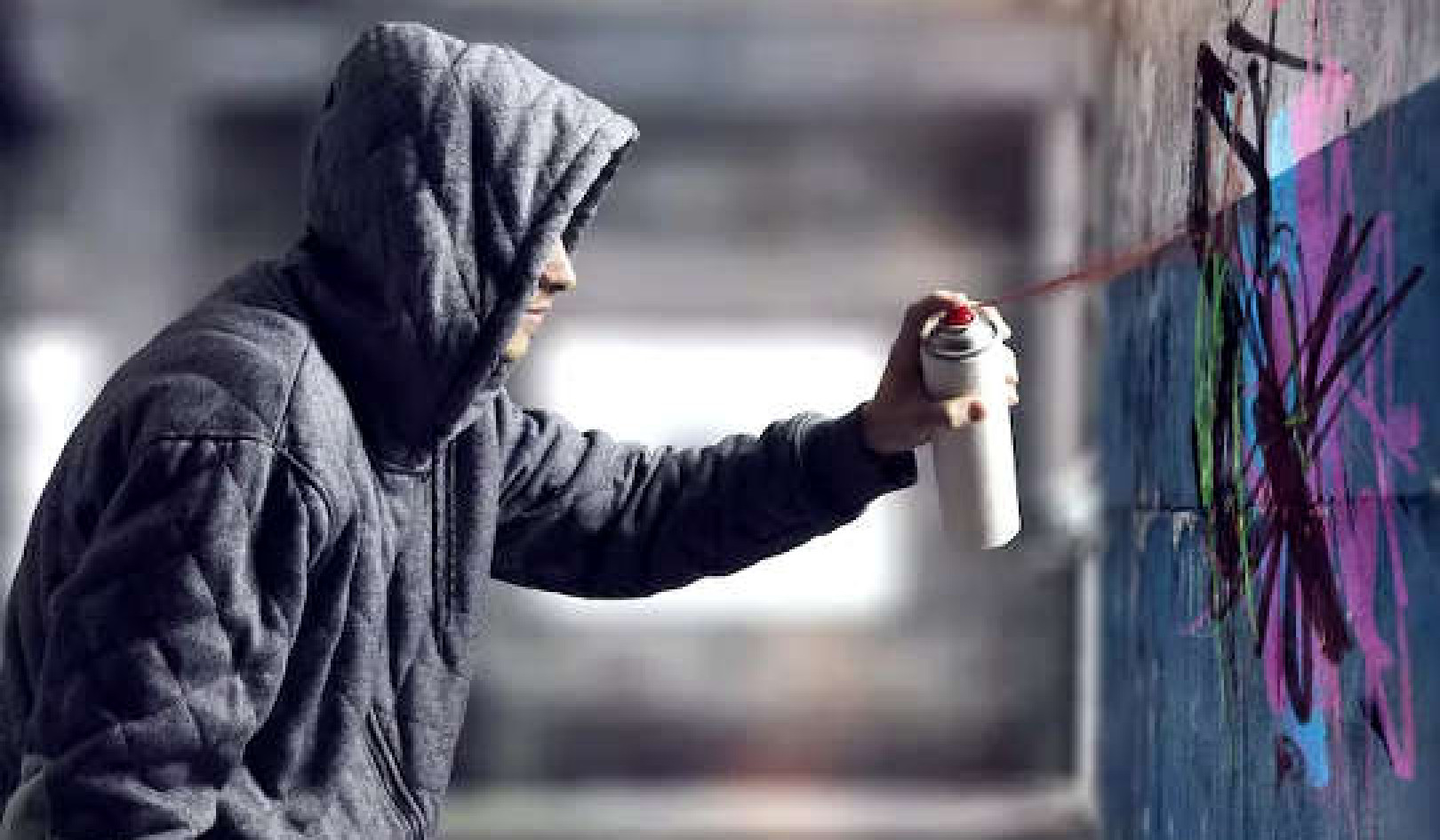Twenty-four of us sat nervously on unforgiving wooden benches, the cacophonous sounds of the marketplace rising up from below on the pungent Guangzhou summer air. Time stood still as we waited, our final wait. A platter dressed with fresh lychees appeared oddly out of place as the "grandmas" looked anxiously at us from the railing of the adjacent old-age home. It was a day of mixed emotions.
We all knew that behind our own personal happiness was a deeply disturbing practice here in China, a quiet genocide that yearly claims the lives of thousands of female babies and children. This was the day my husband, Jim, and I were to adopt our daughter, Nikki Kate Winston.
Up to this moment, I would never have considered myself a courageous person, forging new paths, pushing discovery to new limits, challenging tradition, defying odds. That wasn't me. I was a television producer who first made her mark as the youngest female executive producer of a major network news show. Six years of being in a studio at three o'clock in the morning was more exhausting than brave. My proudest work, the coverage of the 1984 Olympics and the 1996 Oscars for ABC weren't particularly daring. Actor Christopher Reeve was courageous in making his appearance at the Academy Awards -- Susan Winston, his producer, was simply a facilitator. It's what I do for a job and I'm proud to do it well, but it hardly makes me a brave woman.
Television comes and goes -- it's a video surf, a zap of a remote control. It's where I try to have an impact. And yet, when I think of the thousands of hours of programming I've produced, only one episode stands out beyond anything else. Following an on-air medical report on new warning signs for a very specific form of cancer, I received a letter from a viewer telling me that, had she not seen the program that morning and gone directly to her doctor, she most likely would have died. I initiated something that saved someone's life. That made me feel wonderful but still not daring.
Adoption: A Journey of the Heart
With this trip to China, I had dared to follow my heart to a place it had never been before. To a little baby girl halfway around the world. It would prove to be my life's most rewarding journey.
China, for some, is the final answer to their desire to be parents. Children are available, and couples, singles, single-sex couples, all are welcome to apply, provided they are at least thirty-five years old. For many, China is the last stop after the frustration of infertility drugs or failed in vitro fertilization. With the difficulty and uncertainty of domestic adoptions, China has become an alternative unfettered by obstacles. Single women chasing their biological clocks have found China's adoption policies to be a haven; single men have, too, though in lesser numbers.
So where do I fit in? I'm married and have been for twenty-two years. I have two fabulous biological children: a boy, nine, and a girl, six. If I chose to have more biological children, I could. I work full time and have a definite limit to my financial resources. Like many working parents, I struggle to fit everything into the day. My life is very full. So what am I doing, sitting here on this bench in the clamor of Guangzhou? I am feeding my soul.
Chasing a Biological Clock?
I got to this moment on an acrid summer day not by chasing a biological clock but by chasing a story, something I do constantly as a television producer. The story had taken me to Mimi Williams -- the Reverend Mimi Williams -- whose road to becoming an Episcopal priest was the stuff of which movies-of-the-week are made. When I met Mimi, she was waiting for China to reopen its doors so she could enter and adopt a child. What a great tag for a movie: Controversial woman dumps husband, changes religion, becomes a priest, gets a kid -- a little Chinese kid at that!
I was hooked. I dug through Mimi's history and found a great movie. What fascinated me even more, however, was her quest for a child. Why China? I got a blistering education in the answer to that question as I did extensive research, pouring through books, attending "get togethers" of a group sponsored by several adopting agencies, meeting with more agencies that specialize in adoptions from China, and speaking with those who had actually adopted from China. What I learned affected me deeply and began to stir awake in me the audacity to do something I could have never guessed I would do.
As part of China's desperate attempt to curb its staggering population growth, the government has instituted a one-child-only policy throughout most of the country. By the hundreds of thousands every year, baby girls are aborted or, more tragically, abandoned. While Beijing officials deny that only girls are abandoned, the only males found in the orphanages are those with severe birth defects or disabilities. The primary reason the Chinese want a male baby is that children are the Chinese social security system: It is the child's responsibility to care for his parents in their old age. Girls become part of their husband's household in marriage, often living with the husband's family, so it is his parents who will receive her care.
Left Out To Die
Where are the little girls and what happens to them? Many are left to die at birth by women who have hidden their pregnancy, knowing that if they give birth to a girl, they will need to dispose of it. And that's against the law. No one knows how many babies are left to die. Thousands are found abandoned by the roadside, in stores, on hospital or police station doorsteps. Their fate is uncertain. Makeshift orphanages can hardly absorb the numbers. Children sleep three and four to a small crib. Infections spread rapidly; one baby's slight cold can become the death rattle of a cribmate. Very ill children are isolated, often left to die. Many orphanages even have a dying room.
The healthy children quite literally live in their cribs. They don't go for walks or even see the outdoors. No one gives them toys or visual stimuli. No one cuddles or soothes them. They have a crib and a schedule. Bottles are placed in the crib and the child's head turned towards it to latch on. It is the baby's success rate with this simple act that determines her life: hold the bottle, do it yourself, take sustenance, you live.
Providing a Better Life for Children
It's not that the Chinese don't love these children, there are just too many of them for adequate care -- thus, the foreign adoptions. China is, however, a proud, isolationist country concerned with saving face and "opens" and "closes" its door on foreign adoption at will, depending upon its attitude toward a given country at a given moment. As of this writing, that door is virtually shut, and many children will remain homeless and die as a result. Even in a good year, the adoption of several thousand children hardly makes a dent in this ongoing catastrophe.
Mimi Williams had to wait for that door to reopen. When it finally did, I had become involved in her story, monitoring the difficult journey. Yet, at the time, it was still just a television movie to me.
Mimi and Baby Grace came home to a hero's welcome. This little girl not only had a mom, but an entire parish as her family. Our first private photo captured Grace sound asleep clutching her mother's jacket with a grip that said she was not going to let go, ever. When Grace awoke, she wouldn't take her eyes off her mom, not even when Mimi had to use the bathroom. Grace, Mimi, and I all walked to the bathroom together, Grace still attached to the jacket, eyes riveted on her mother. It was a memorable scene.
And A Child Shall Lead Them
This scene reached deep inside me and touched the bottom of my soul. Something about little Grace's face burned right through me. Like finding religion. Like a calling. And it scared me. While I can be impetuous, I'm fairly selfish about my life and my family. I don't like disruptions and I hate new circumstances. To all but the most intimate of intimates, I appear to be impervious to pure emotion, and here I was, barely able to breathe. It was a moment of awakening. Time to take a stand. Time to make my presence felt. Time to do something.
Some months later, after I had thoroughly researched the adoption process, I approached my husband in a conversation that went like this: "I've been thinking. I'd like to adopt a child." Dead silence. "...from China." Stunned dead silence.
Long before I shared this shattering revelation, Jim Winston had won my award for the world's most wonderful husband and father of the century. Our decision to have children had been a thirteen-year discussion while we each built careers and followed selfish pursuits before taking action. Having our two children was, by far, our best decision in life. The reality, though, is that children are also time suckers and money suckers. Since we regularly run out of both of these commodities, this adoption made no sense.
While Jim did not give me an unqualified "no", he truly thought I had lost my mind. Then he began his own education, reading and talking to adoptive parents, parents-to-be, and adoption agencies. When Jim suggested we take up the subject with our children, I knew he was with me. For our five-year-old daughter, Dani, the idea of a little sister was delicious, and for that ever-compassionate, incredible son of mine, James, beyond his concerns of finding baby drool all over his stuff, he felt it was time to "shake it up" at home.
Have You Lost Your Mind?
The subsequent nine months of paperwork and social worker's home study were uneventful, and actually served as an appropriate gestation period for our family. Now it was our family and friends who thought we were crazy. While our peers were sending kids off to college, we were thinking about cribs and diapers.
This was much more than a decision to add to the family. We were altering its dynamics. We had worked hard to teach our children to understand racial differences; now we were to become a transracial family. We would live it. We had taught our children about haves and have-nots. Now we were going to make it possible for someone who had nothing to have a family. We had taught that love multiples, it does not divide, and that love knows no boundaries, not even geographic ones. We had hit the tender age of "Where do babies come from?" and answered honestly when prodded by "Tell me, really," amused by the "Oh, gross!" reactions. Now we talked about what defines a mother and a father when biology steps aside.
The night before Jim and I left for China, I was struck by my one and only moment of doubt. Looking around the dining room table at the family we had created, two beautiful children who at that moment were not fighting with each other, I tried to imagine the same scene two weeks later. I couldn't.
As parents of biological children, we had had to agree to accept a child with a "correctable handicap". The Chinese believe that, since we should all have only one child, those in violation should take care of hard-to-place children. We had signed up, fully willing to take the child given to us, just as we did when I physically gave birth. Leaving our children at home with my still-disbelieving mother, we left to give birth again.
Hong Kong Adoption
We flew to Hong Kong, where we met the others making this journey. Twenty-four of us, who were to be linked for life by this shared momentous experience, boarded a train for mainland China. We were strangers caught up in our private dreams and desires. On the faces of our companions, travel fatigue aside, I saw long tales of need, marked by anticipation or outright fear. One day you're just you, and the next day someone's calling you "Mom" or "Dad".
It didn't take long to realize that Jim and I were the anomaly: We weren't childless or desperate, we hadn't suffered, and we weren't new to the idea of parenting. Our companions were quiet, perhaps introspective, wanting to come and go as quickly as possible. To them, China was a means to an end. China was, to me, the beginning of a brave new journey, a beginning I wanted to absorb in great detail. I soaked up the culture, the history, the sights and sounds of this foreign world, struggling to understand a culture and a social situation I would one day have to explain to my daughter.
Thankfully, our interpreter was a kindred spirit, highly educated, and the son of two physicians banished to the countryside during the Cultural Revolution. Out of earshot of our ever-constant government companion from Beijing, he talked about his country and his people. He proudly talked about his seven-year-old daughter. He talked of his sadness at not being permitted to have another child. The laws are severe. He would lose his job, his housing, his government subsidy.
Most memorably, he described his conflicting feelings about the adoption process. He shared in the joy of those of us becoming parents and was grateful that these few children would receive good care. But, at the same time, he was profoundly embarrassed for his country, ashamed of the genocide that led to these adoptions. He sang to us a traditional Chinese lullaby: The essence of a child to a nation is like that of a flower to a plant. We were taking away a bouquet.
He made me love China. He made me forgive China.
Love Will Find The Way
The day before we were to meet our children, we all had to be personally interviewed and our papers validated. We were waiting in a bus outside Chinese government offices when something remarkable happened. One couple had made the decision to adopt a nine-year-old child who had spent her life in an orphanage. Her name was ShaoSha. As an older, female child in China, she was considered especially unadoptable, even though the orphanage, recognizing her as an extremely quick and clever child, had managed to raise funds to send her to school. Since the doors had opened on adoptions, she had watched the ongoing exodus as babies left to go to new homes. Like any child, she desperately wanted and needed parents.
When Carol and Leland, third-generation Chinese Americans, had found out about ShaoSha, they'd begun writing and trading pictures. And the rare was about to happen -- an older child was going to be adopted. By now, we had all been shown the photos of this beautiful girl, and, when I looked out the window of the bus and saw a child approaching with a caretaker, I recognized her. I hardly knew what to do or say and blurted out, "I don't know how to put this gently, but there is your daughter."
ShaoSha walked onto the bus and looked around. She recognized Carol and Leland instantly. "Mama, Papa!" Her joy at meeting her parents for the first time was overwhelming to witness and not an eye was dry. Not wanting to wait a moment longer to have her own Mama and Papa, she had come to claim her family. The head of the orphanage came to take her home, because the formal proceedings weren't until the next day. Those of us on the bus argued and won -- ShaoSha stayed at her parents' side. She was home.
The next day, sitting on the hard benches, we waited for our baby. A hot and sweaty group with ShaoSha as our cheerleader, we each stood as our names were called out for the official presentation of a daughter, complete with passport and Chinese good luck money.
Please Meet Your Daughter
"Mr. and Mrs. Winston, we are proud to present your daughter, Fou Chow Wei."
I savor the moment often, remembering as we stepped forward, and saw her for the first time. She was a bundle of attentive energy and looked tiny to me although she weighed over ten pounds. While it might sound self-serving, I could actually feel her little body relax in my arms the moment she was placed there. She knew she was home. Remarkably, she never cried on the trip home. She wanted to see everything. Having been kept inside an orphanage for her first few months, she was extremely sensitive to sunlight but accustomed to noise, because the orphanage was next to an open market.
A week later, we sat at our dinner table enjoying our first official meal as a family of five. Afterwards, the kids asked to be excused. As though he had done this all his life, my son quietly took Nikki from my arms. I heard the baseball game coming from the television in the den and peeked in to see Nikki Winston propped up between her brother and sister, a baseball cap rakishly placed on her head and a baseball glove in her lap.
Has my daring changed the world? No, but it changed the world of our family. Have I cured a disease? No, but I finally gave more than lip service to one of the true ills of humanity. Have I produced an awe-inspiring, world-renowned film? No, but my home videos are surely the stuff of which standing ovations are made around our house.
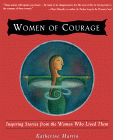 This article was excerpted with permission from the book:
This article was excerpted with permission from the book:
Women of Courage: Inspiring Stories from the Women Who Lived Them
by Katherine Martin.
This article has been excerpted from "Women of Courage" by Katherine Martin, and reprinted with permission of New World Library, Novato, CA 94949. http://www.nwlib.com.
About The Author
Susan and Nikki and the Winston family have been an inspiration to others who have chosen to adopt even though they already have children. "It proves that love truly does transcend for all who dare," says Susan. Nikki is now a thriving four-year-old and, according to her mom, "She has an infectious laugh and a worldly-wise face that hints a bit at where she's been and just how far she'll go."


















